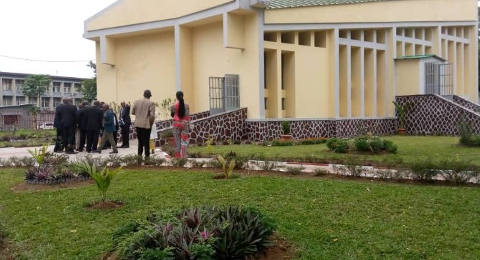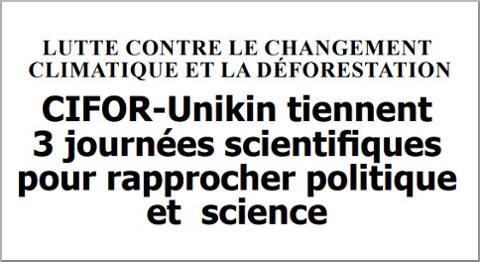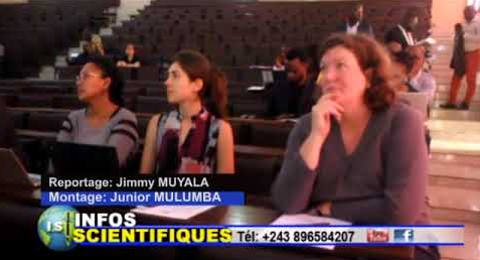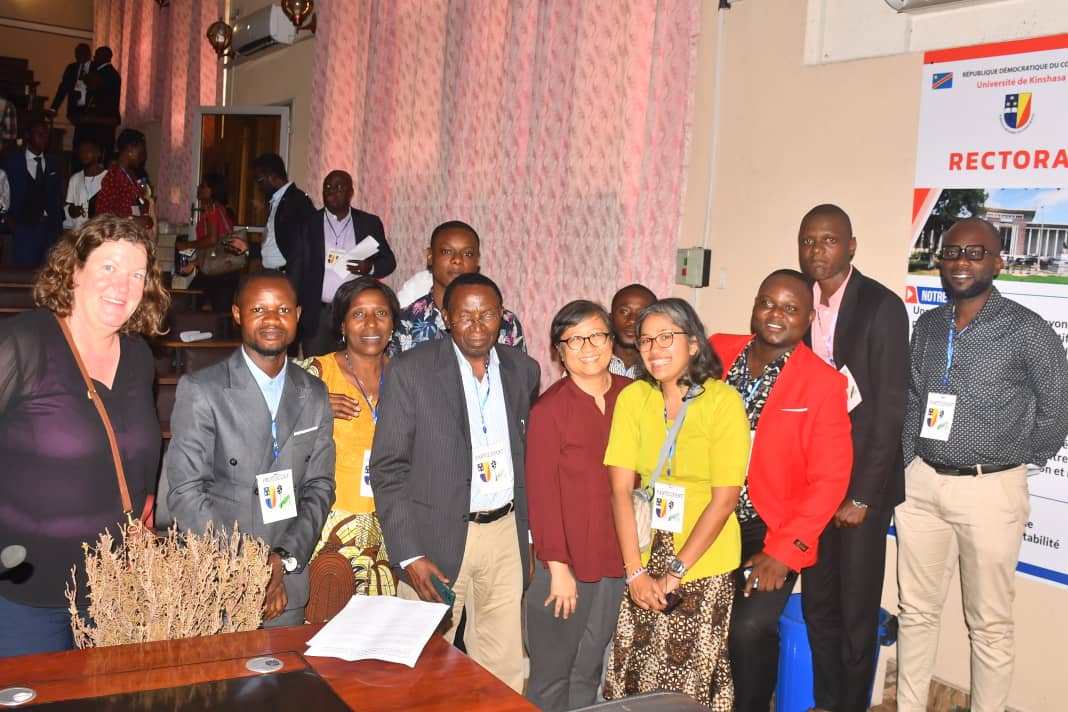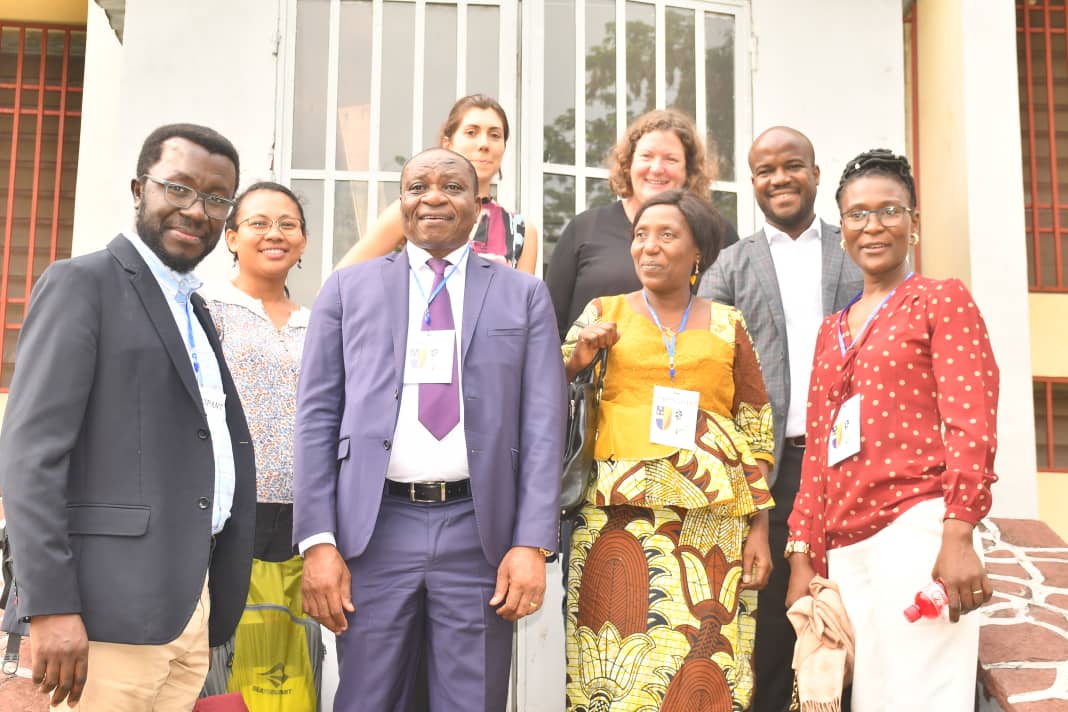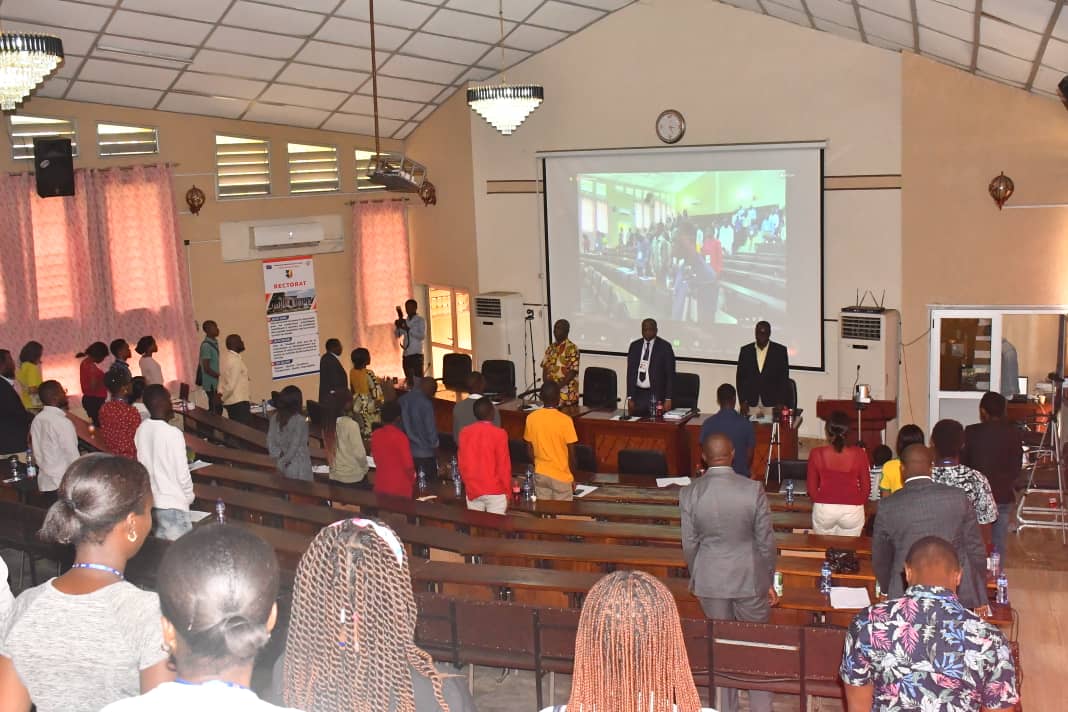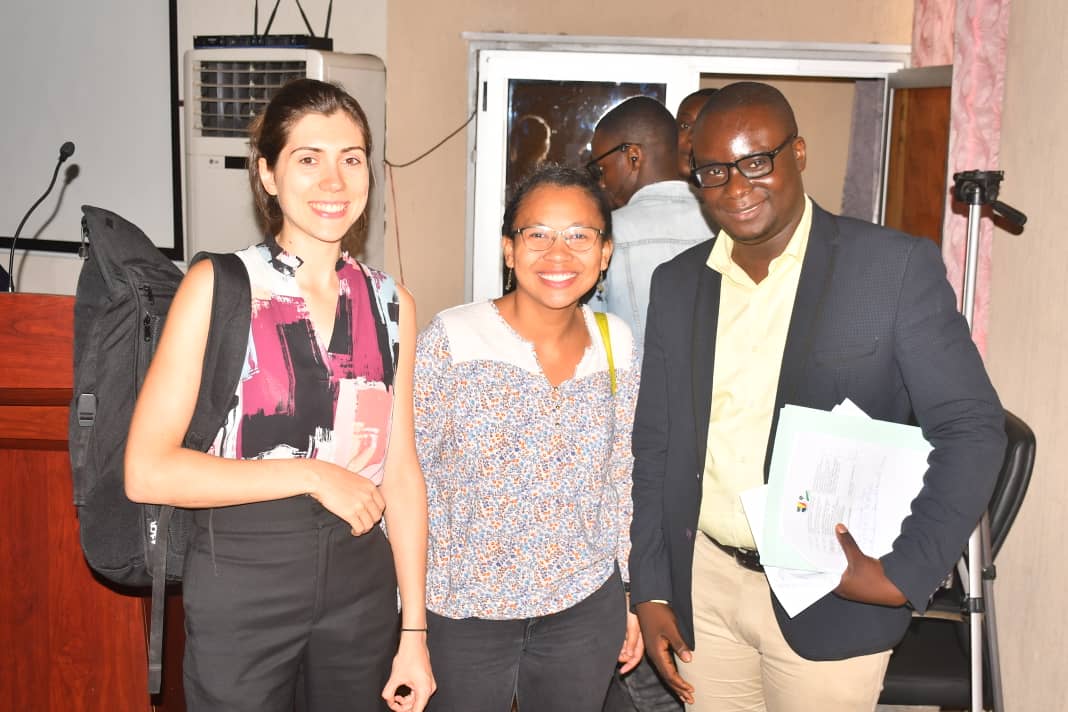The Congo Basin is the world’s second largest tropical rainforest after the Amazon and followed by Borneo-Mekong. The Democratic Republic of Congo (DRC) is home to more than half of the Congo Basin’s forests. It hosts a range of biodiversity that provide ecosystem services essential to the ecological balance of the Congo Basin, Africa, and the planet.
In addition, the DRC has 10% of the world’s freshwater reserves, 101,500 km2 of peatlands and 1.5 billion tons of carbon dioxide absorbed per year (MEDD, 2022). However, the DRC faces the highest deforestation rate of all Congo Basin states (OFAC, 2022), environmental problems (killing of Eco guards, inefficient waste management, illegal logging) and environmental risks (unsustainable exploitation of mineral resources in forest and protected areas). It is also one of the poorest economies in the world, ranked 179th with a Human Development Index of 0.479 (UNDP, 2022). Poverty is seen as one of the main underlying drivers of deforestation.
At the heart of its climate change program, the DRC is implementing an emissions reduction mechanism of the United Nations Framework Convention on Climate Change (UNFCCC), called reducing emissions from deforestation and forest degradation in developing countries and the role of conservation, sustainable management of forests and enhancement of forest carbon stocks in developing countries (REDD+).
The DRC’s commitment to climate protection at the universal level is reflected in the submission of its second Nationally Determined Contribution (NDC), the signing of the second Letter of Intent with the Central African Forest Initiative, and more recently its involvement in the organization of the preparatory work for COP27 held in November 2022.
Between September and October 2022, the Government of the DRC, under the leadership of the Deputy Prime Minister in charge of the Environment and Sustainable Development, organized PRECOP 27, consisting of a series of two conferences, an international scientific conference in Yangambi in the Tshopo Province on « the contribution of the forests of the Congo Basin and other tropical basins of the planet to combat climate change: status and perspectives » at the end of which the « Yangambi Declaration » was adopted and a ministerial conference held at the Palais du Peuple, the Parliament in Kinshasa was a great success thanks to a large participation of the scientific community and policy makers.
To encourage efforts to enhance science for climate action in the DRC, the University of Kinshasa, and CIFOR-ICRAF are organizing a science week for climate titled « Coupling Science and Climate Action in the DRC » as part of the NORAD-funded Knowledge for Protecting Tropical Forests and Strengthening Rights.
This science week sets the tone on the state of play of the implementation of a mechanism at the heart of climate action in DRC, the REDD+, by bridging policy and science a diversity of actors from the scientific world, civil society, the public sector, or donors. In addition, it opens discussions on recent governmental decisions impacting forest protection and climate preservation taken by the Congolese government after COP27.
Finally, it offers a rare opportunity to exchange methodological approaches and preliminary results of the CIFOR, FOREQUAL and FAIR FRONTIER research projects conducted by partners of the University of Kinshasa with the aim of bringing together scientists from foreign universities, the University of Kinshasa, as well as other forest and climate practitioners to deliberate on the link between science and climate action in the context of the DRC.
Download all presentations [33.6 MB]













